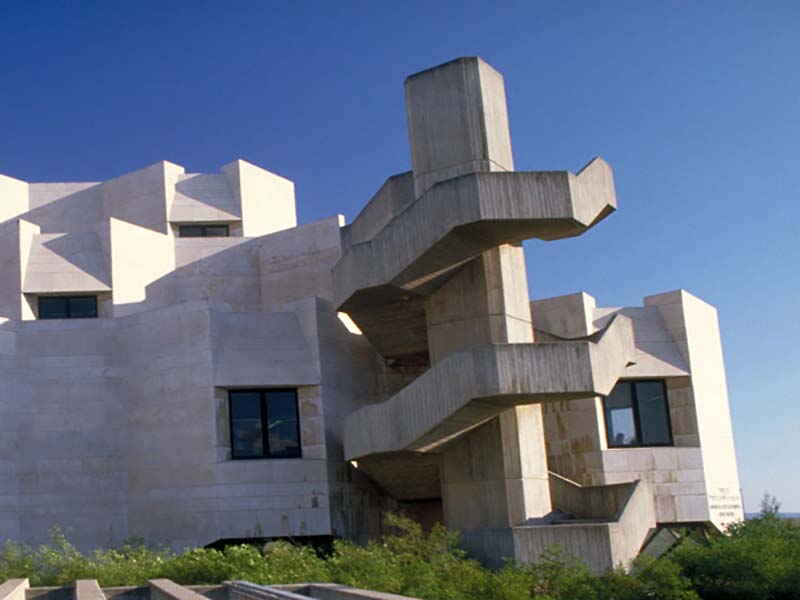USC Shoah Foundation Testimonies to Feature in Hebrew University Study on Survivor Narratives

USC Shoah Foundation has partnered with a group of scholars from the Hebrew University in Jerusalem to provide them with 1,000 transcripts from the Visual History Archive for a study that will analyze Holocaust survivor testimonies.
A team of Holocaust scholars and computer scientists from the Hebrew University is creating a new computational model that, unlike existing data mining and processing tools that reduce analyzed text to its basic ingredients, often words, extracts a set of narrative events from individual testimonies and flags those that diverge from the common narrative pattern.
The Sequential Narrative Analysis (SNA) model being developed by the Hebrew University team will search the Visual History Archive Holocaust testimonies and extract event types common in Holocaust narratives—such as pre-war, events during the war and post-war—that will then populate a searchable database.
Dr. Renana Keydar, Assistant Professor of Law and Digital Humanities at the Hebrew University and one of the Principal Investigators in the study, described how the resulting data will differ from what is currently available.
“The Holocaust—as often mass atrocities are—can only be understood as a collective story, the sum of millions of individual voices that are heard together, like voices in a choir,” she said.
“The new computational model is designed to ‘listen from a far’ to this choir of voices, flashing out the common narrative schema of Holocaust testimonies, while also identifying those narratives that do not conform and diverge from it, offering a more nuanced understanding of individual experiences.”
The Hebrew University recently secured prestigious grants from the Israeli Council for Higher Education and the Israeli Ministry of Science to continue their work.
In addition to providing the testimony transcripts, USC Shoah Foundation will partner with the Hebrew University team to develop shared programming and further programmatic collaboration.
“We are delighted to be able to support and partner with the amazing group of scholars from the Hebrew University whose innovative approach will offer a new mode of listening to the testimonies in the Visual History Archive, thus advancing our knowledge about how the Holocaust is narrated on both the collective and individual level,” said Badema Pitic, Acting Head of Research Services of USC Shoah Foundation.